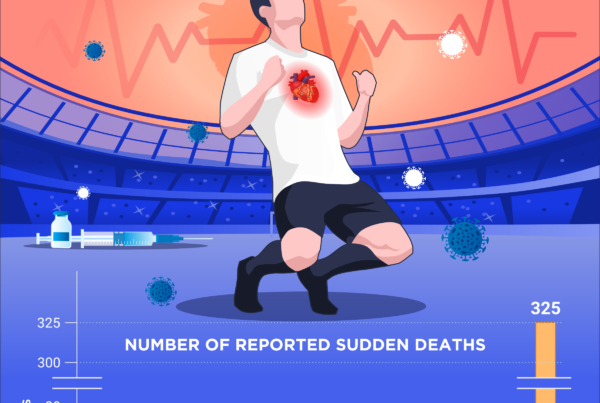An excerpt from “The Big Book of Endurance Training and Racing,” by Dr. Philip Maffetone
Periods of significant levels of fitness in endurance athletes—the highs and lows that frequently occur during the training year, are so common that some athletes and coaches think they’re normal—but they’re not! This notion has falsely given birth to the myth of “the peak,” a belief that asserts you build up your endurance, progress to a high level where performance is optimal, and then you fall off. When you decline from this peak, you perform poorly.
The concept of “peaking,” as it’s been used through the years, isn’t healthy for endurance athletes. As I’ve seen it in practical application, it usually involves a gradual overtraining. In this first stage of overtraining, performance can actually improve just before more common signs or symptoms of overtraining begin. However, this increased performance window is short, and athletes quickly enter the second, more serious stage of overtraining where injury, ill health, and performance loss occurs.
The problem with the concept of the “peak” is twofold. First, pushing yourself to hit a peak in performance is obviously unhealthy if it’s part of the overtraining syndrome—and it typically is. Overtraining in any form is not an approach I recommend or that any healthcare professional should endorse because it’s harmful. Second, with proper training an athlete can attain just as high a level of optimal performance, and for a much longer period. A well-trained healthy athlete will always perform better for a longer period than any other approach.
Rather than a performance peak, I promote one of continued improvement throughout the competitive season, with each event producing better results than the previous one. An athlete will typically perform best as the season progresses, with the best performances at the end. I then recommend taking time off after the racing season. During this period, where training is reduced, sometimes significantly, fitness will also reduce, but not in an unhealthy way; this is different than having your fitness reduce due to overtraining. I would not call this a peak, just part of a training strategy that makes fitness and health a priority. Mike Pigg would take three weeks off after his last triathlon of the season, and during this period he would train very little. As a result, his MAF Test declined slightly. But with the onset of aerobic base training, his fitness would quickly increase, as indicated by a faster MAF Test.








